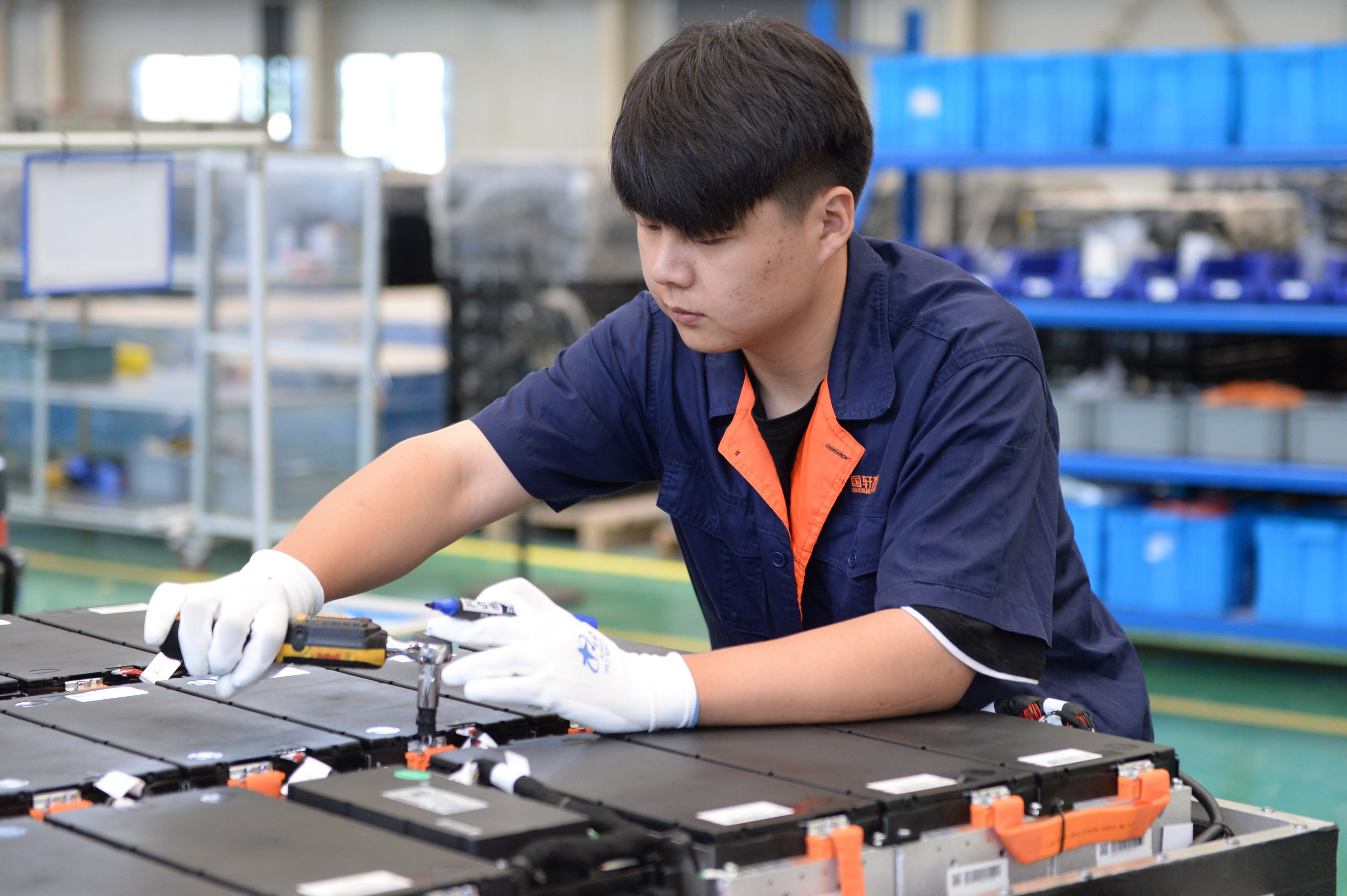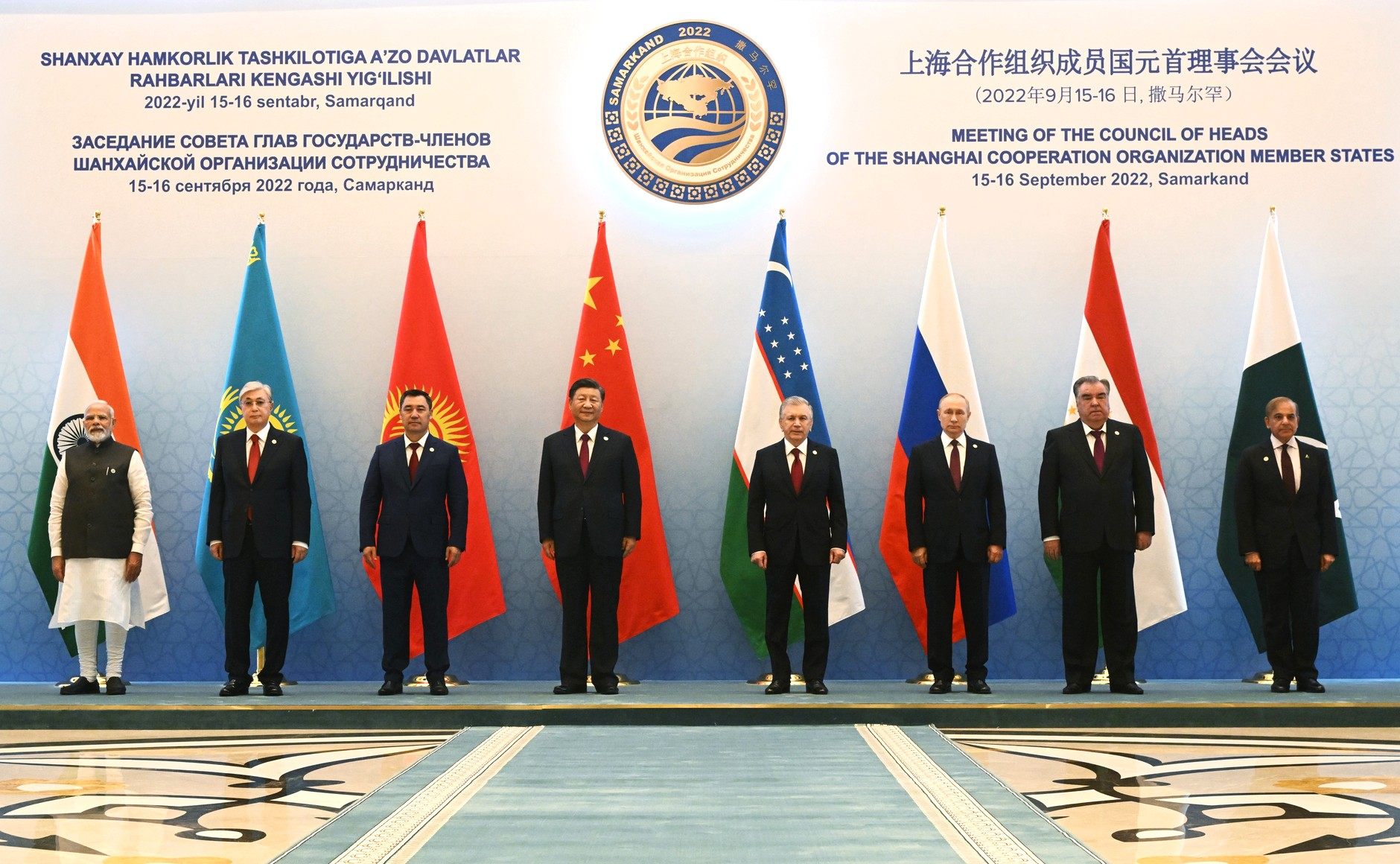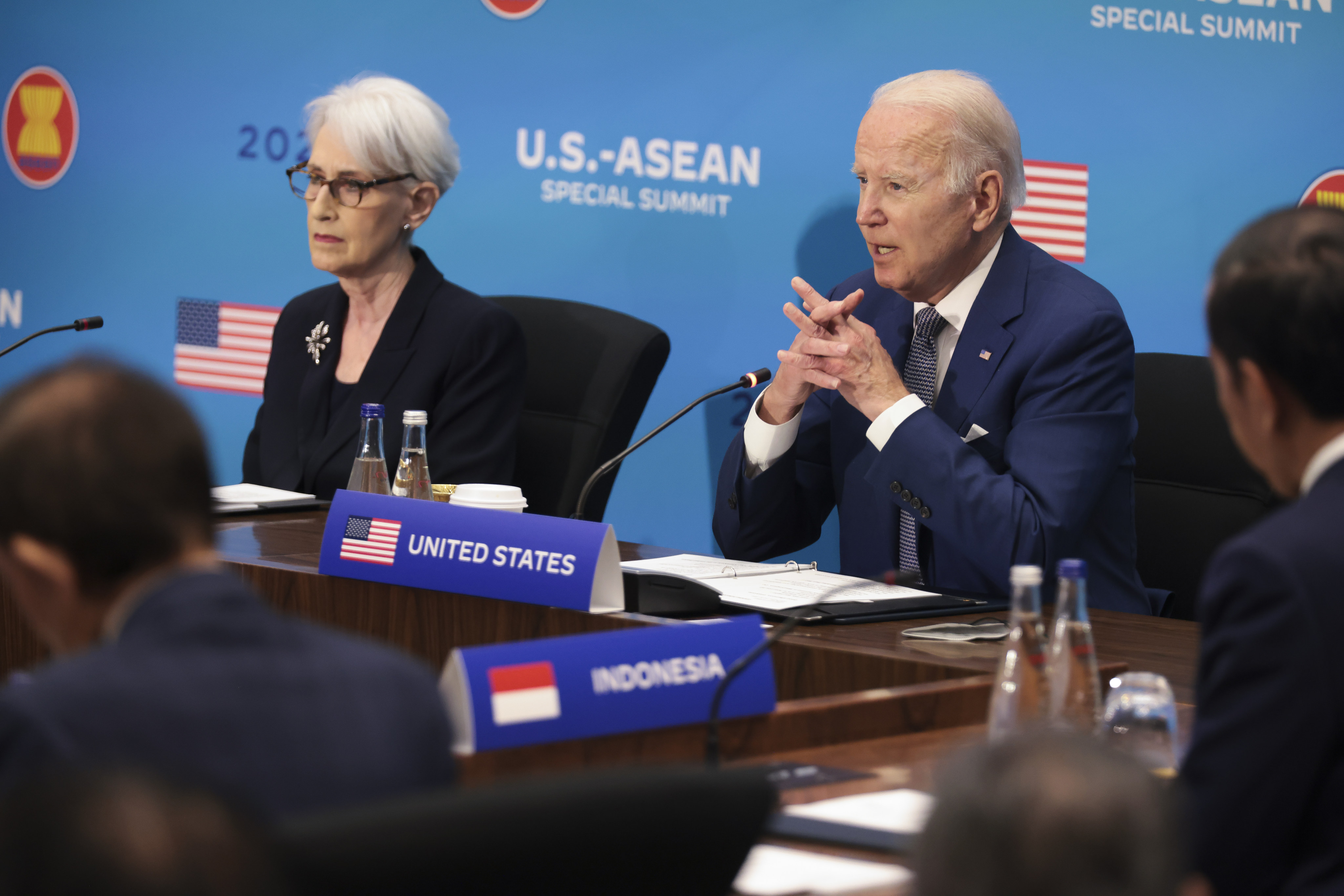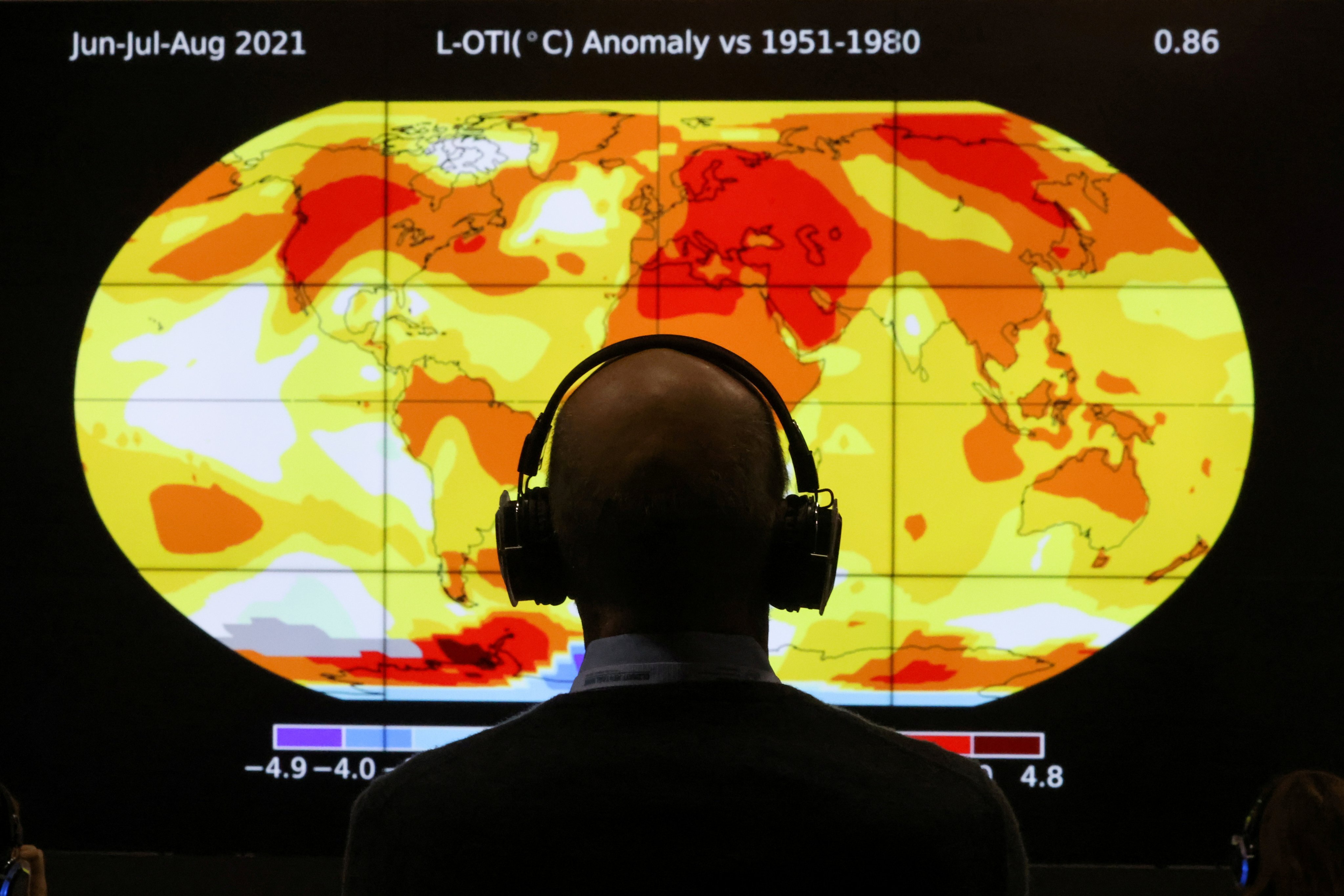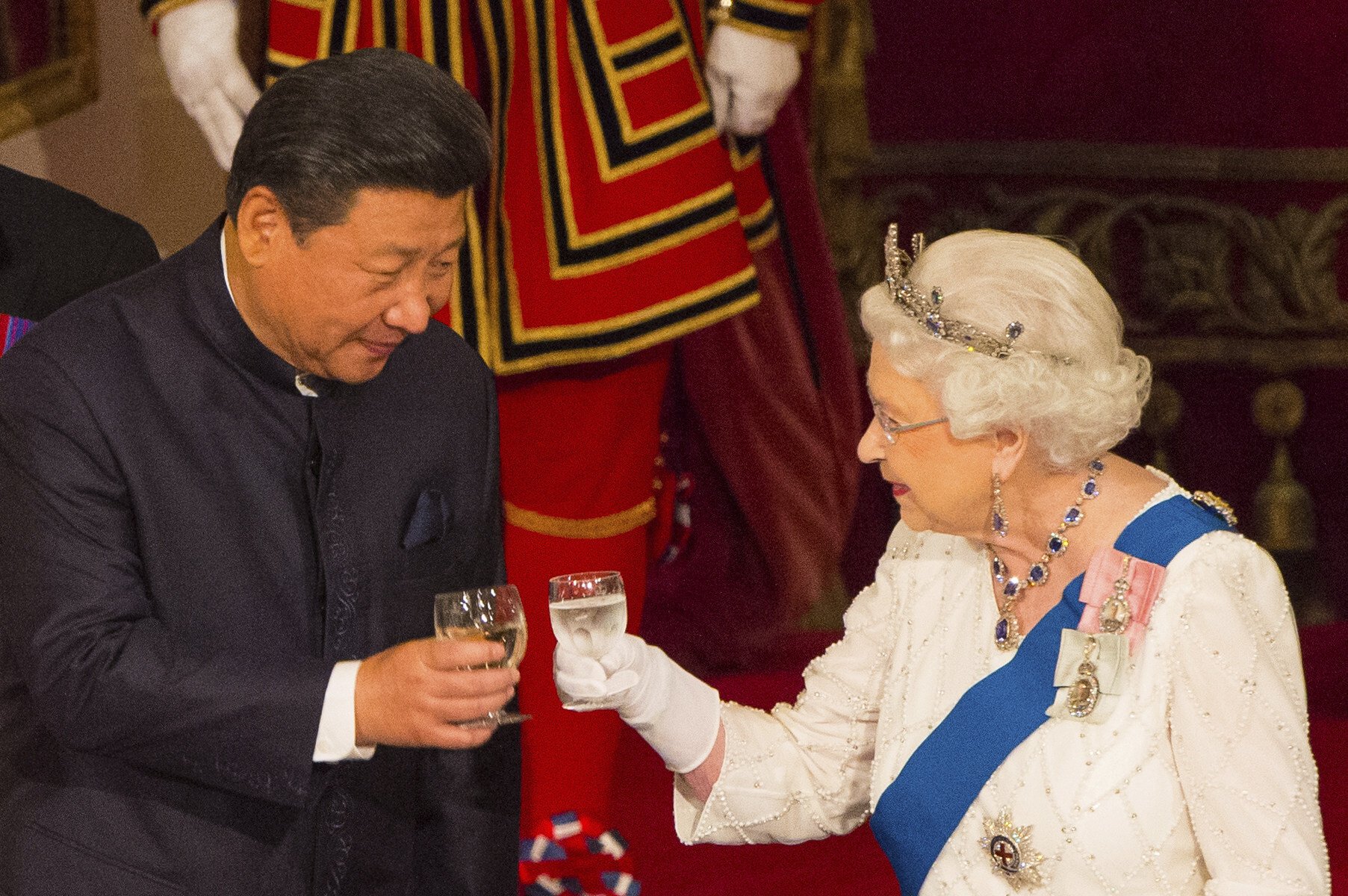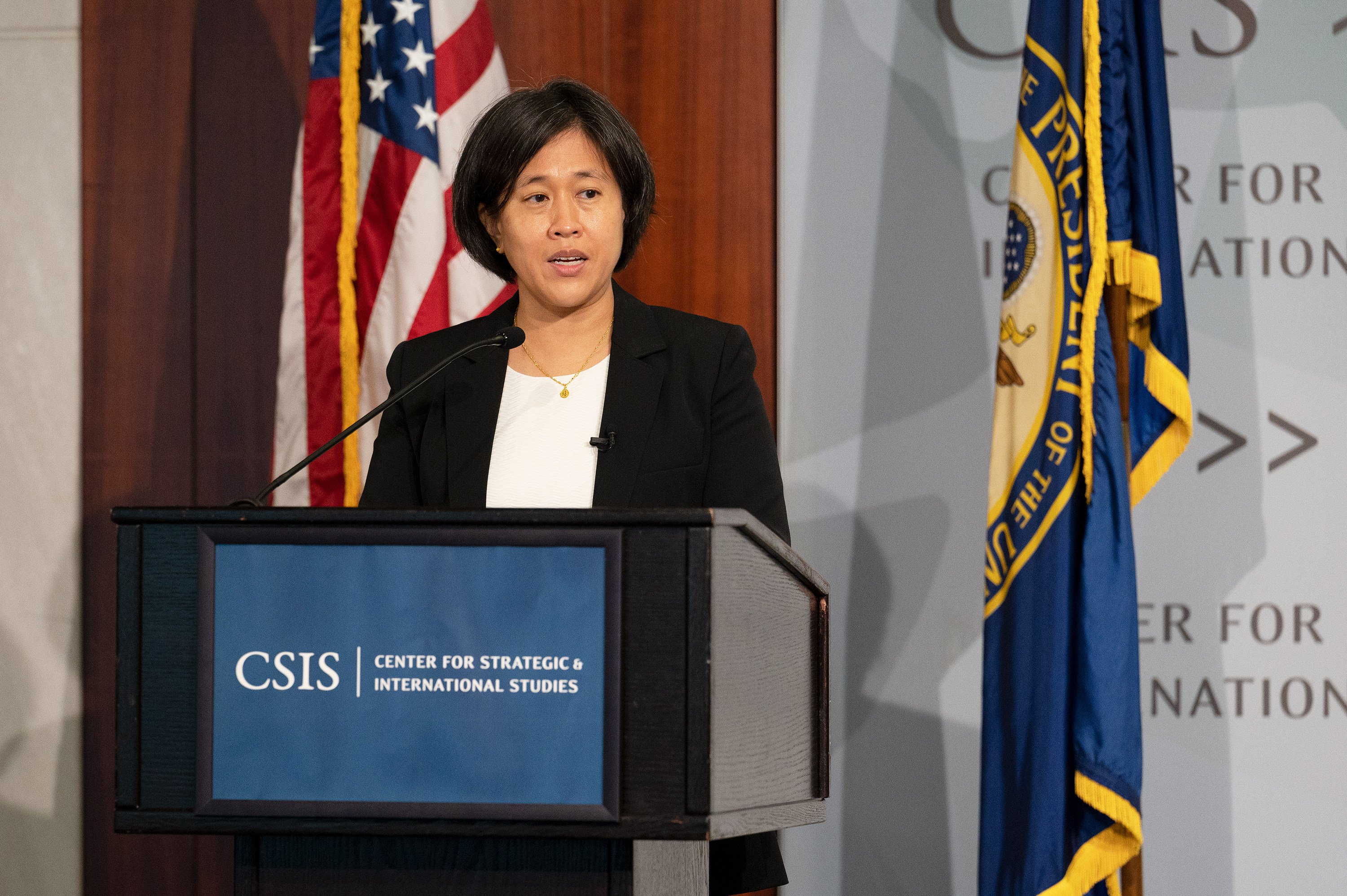Advertisement
Advertisement

Adriel Kasonta
Adriel Kasonta is a London-based political risk consultant and lawyer, and a graduate of London School of Economics and Political Science (LSE).
Next month’s EV tariff hike could end up working against Brussels’ own economic and environmental interests.
The SCO’s expansion and cooperation efforts are cementing its standing as a credible multilateral platform focused on maintaining security, stability and development in Eurasia. The Samarkand summit should also be seen as a step towards the development of a more inclusive and diverse global governance model.
Despite much talk of economic engagement and assurances that the Indo-Pacific Economic Framework is ‘not about China’, the US approach in Southeast Asia seems to be largely about the politicisation of trade and technology issues. Asean wants tangible trade benefits, not more pressure to choose a side.
Imran Khan was seen as a breath of fresh air by young Pakistanis, but resented by the political elite and military for building ties with Russia and China over traditional ally the US. Economic turmoil provided the grounds for removing Khan, but the new government may struggle to hold onto power.
Advertisement
